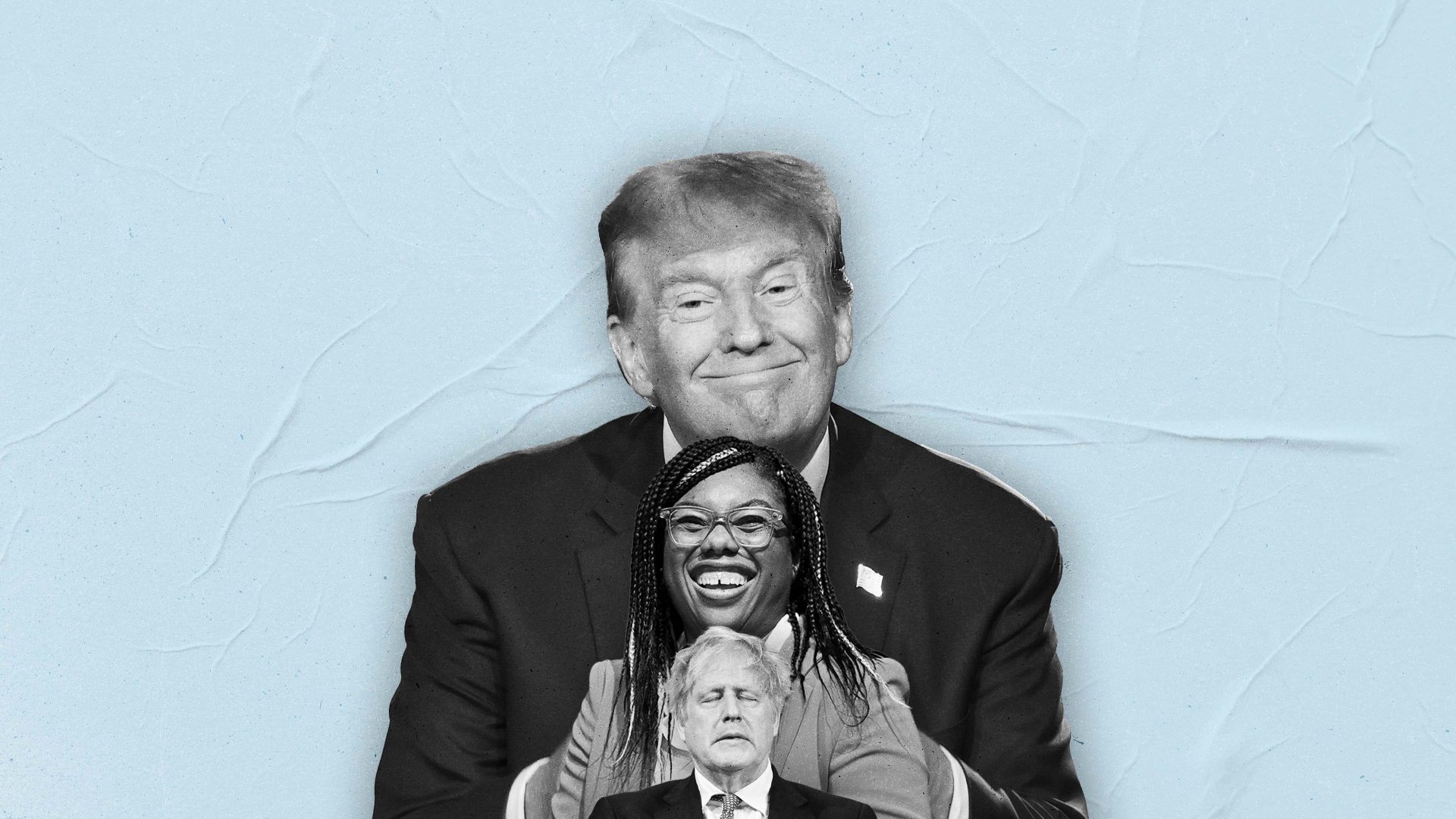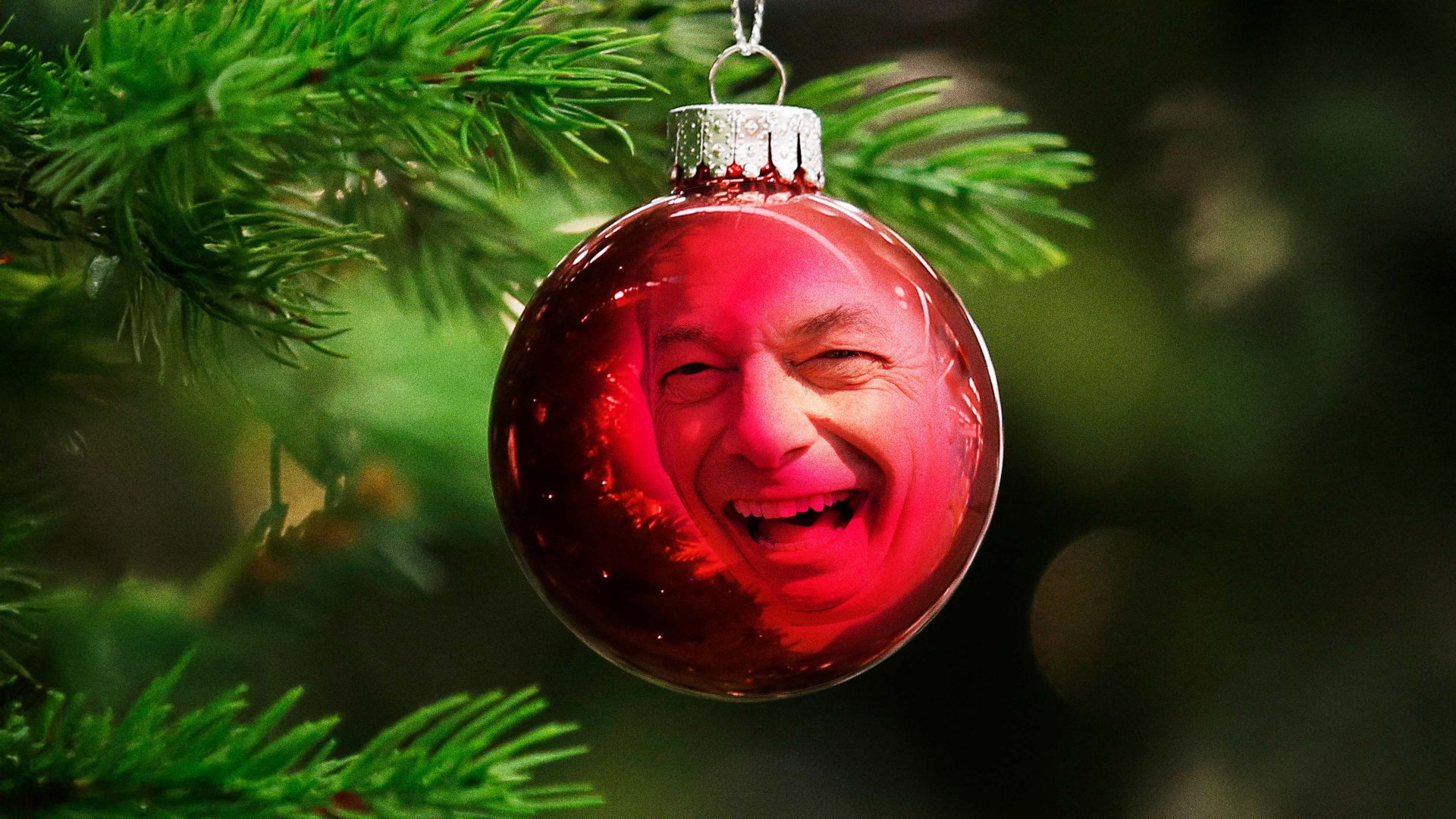As last year, the editor has asked me to pick my winners and losers from 2024. Unlike last year, however, I have decided to focus not on two separate lists, but instead show that it is possible to be winner and loser at the same time. Ask Manchester City manager Pep Guardiola, mega-winner as both player and manager, but who heads into Christmas on the back of the worst losing run of his long, trophy-laden career.
Let’s start with Donald Trump. Love him or loathe him – and I suspect most of our readers are in the latter camp – you simply cannot understate the scale of what he achieved in winning the US presidential election. An unsuccessful one-term president; an election denier, who stirred up deadly violence at the Capitol; a convicted felon, unable to shake off scandal; a proven liar, racist and misogynist; up against a better-funded and better-organised campaign… yet he won, both the popular vote and the electoral college. Stunning on so many levels.
So why a loser too? Well, partly because the reputation of the US has taken quite a hit in seeing him return to power; also because he lost the mid-terms in 2018, lost in 2020, and lost plenty of legal battles in 2024 before his win allowed them to be swept aside.
That’s why I am adding the US Constitution to my list of winning losers, or losing winners. Revered at home (or so we thought), famed abroad, yet the failure of legal and political systems to deal with Trump’s crimes and misdemeanours in his four years out of power exposed its many weaknesses. “Nobody is above the law.” Are we sure about that?
Elon Musk is a winner on so many levels… richest man alive, buddy-in-chief to the next president, runs some of the most significant companies in the world, including a social media platform which allows him to spout his cuddly version of fascism to fanboys all around the world.
However, X is losing users by the million, his newfound role as a political figure in love with misinformation is turning people off Tesla, and both Anthony Scaramucci and Nigel Farage have indicated to me that they cannot see the Trump-Musk bromance lasting through 2025.
On verra.
Rupert Murdoch is another media mogul who would have chalked up Trump’s return to power in his 2024 win column, but that was swiftly followed by a big defeat, as he lost his court battle to change the family trust to ensure greater power for his most right wing child, Lachlan, to keep the empire moving ever rightwards after the old man’s death.
France has given us plenty of winner-losers. President Emmanuel Macron presided over two remarkable events, the hugely successful Olympic and Paralympic Games, and the opening of the restored Notre Dame Cathedral. I was in France for both, and it was hard to compute the greatness they revealed about France and the French, with the political chaos and instability that formed the backdrop. The gamble Macron took in dissolving parliament and calling a snap election saw him lose authority, and with it any chance of a majority in the National Assembly. It set in train a political deadlock that, right now, looks impossible to unpick.
The reason he made the dissolution call in the first place was that Marine Le Pen’s Rassemblement National did well in the European elections, and he wanted to confront the country with the reality of what her continuing success might mean for France. Unfortunately for him, the success continued. She did pretty well in the first round of the Assembly elections too, but then ended up a loser because forces of left and centre combined to squeeze her out.
Michel Barnier emerged a winner from the chaos that ensued. Before appointing a prime minister, Macron waited for the Olympics to finish, perhaps hoping – in vain, I fear – that a post-Games glow would get some much-needed political souffle back in his sails. Barnier was not his first choice, but when he was announced, there seemed to be enough people with enough respect for the former Brexit negotiator to give it a go.
Ultimately, however, the consequence of Macron’s gamble, namely the inability of any single political grouping to form a majority, meant that when he sought to get a budget through the assembly, hard left and hard right united to defeat Barnier in a vote of confidence. Winner – PM of France is added to his already distinguished CV; loser – the shortest serving PM of the fifth Republic. We shall soon see whether his successor François Bayrou can last any longer.
Perhaps the most dramatic case of winner-turned-loser was Călin Georgescu, a little-known figure inside Romania let alone outside it, who stormed to victory in the first round of the Romanian presidential elections, only to have that victory annulled when the intelligence services exposed industrial-scale Russian social media interference which had helped turn his 5% in the opinion polls to 23% in the real poll. The whole election will now be rerun in the spring. (Wouldn’t it be good if the UK took Russian interference in our votes as seriously as the Romanians?)
Vladimir Putin finally felt he was winning in Ukraine – but in part because of the focus on the war there, and the commitment in terms of time, troops and money, he suffered a big defeat in Syria, as his fellow dictator Bashar al-Assad was toppled, and forced to seek exile in Russia. Assad is very much in the loser camp this year, though the wealth he has stashed away will doubtless ease the pain for him and his kleptocratic family.
Volodymyr Zelensky continues to win hearts and minds, and the admiration of anyone who seeks resilience and relentlessly consistent strategic communications in a leader – he was the only world leader to inspire a spontaneous round of applause as he entered Notre Dame last week – but he risks losing both territory and political and financial support amid US and EU political churn.
Another loser-winner, Mark Rutte, will do all he can to prevent that loss for Ukraine. The four-term Dutch prime minister lost power in his native Netherlands, but within months had won the race to become Nato secretary general.
Vaughan Gething is perhaps the most dramatic losing winner in the UK. The Zambian-born Welsh politician made history in March, when he became the first black person to lead a European country. However, he was never able to escape a sense of scandal, first over a donation to his campaign, then over his evidence to the Covid Inquiry, and claims that he had deleted text messages; as a result his tenure as Wales’s first minister lasted just 118 days, and he was out by August.
Keir Starmer was a big winner in 2024, a ruthlessly targeted electoral strategy turning 33.7% of the vote, on a low turnout, into a landslide defeat for the Tories, and a huge majority of 174 for Labour. However, the traditional post-election honeymoon barely materialised, and his ratings fell in a matter of months to -38. John Major, Theresa May, Boris Johnson and Liz Truss have all gone lower, but with the exception of Liz Truss (who hit -70 at one point in her brief spell as PM) the fall took far longer to materialise.
Kemi Badenoch won the Tory leadership, but she is showing plenty of losing traits in her conduct. Her choice of subjects for PMQs have had MPs across the house scratching their heads, and there is as yet little sign of a discernible strategy, beyond creating random talking points, like whether sandwiches count as real food. (Spoiler alert: they do)
Ed Davey led the Lib Dems to their biggest-ever haul of seats, a win in anyone’s book; but has since been losing the battle of the airwaves to a party, Reform, that won just five seats yet which appears to have an open invitation to any TV or radio studio in the land. The Greens are in a similar, albeit smaller, boat.
Boris Johnson won a huge advance for his memoir, Unleashed, and won enormous tame media coverage for the book too, but lost a lot of money for HarperCollins, with disappointing sales, a tour of Australia cut short, and a New Zealand interviewer, Kim Hill, tearing him apart in a way all too few British interviewers ever managed.
A better book, from a better man, came in the form of Patriot, by Alexei Navalny. He lost his life in February at the hands of Putin’s “thieves and crooks,” as the jailed opposition leader liked to refer to the Moscow regime. But the posthumous book, the story it tells, and the role his wife Yulia and daughter Dasha are playing in keeping his message alive, underline a quality common to most real winners… courage.
And while we’re talking courage, my overall Loser-Winner of the year echoes the choice of the New European for our person of the year, Gisèle Pelicot. The multiple rape victim lost her anonymity, but in choosing to do so won the admiration of millions, men and women, all over the world.




